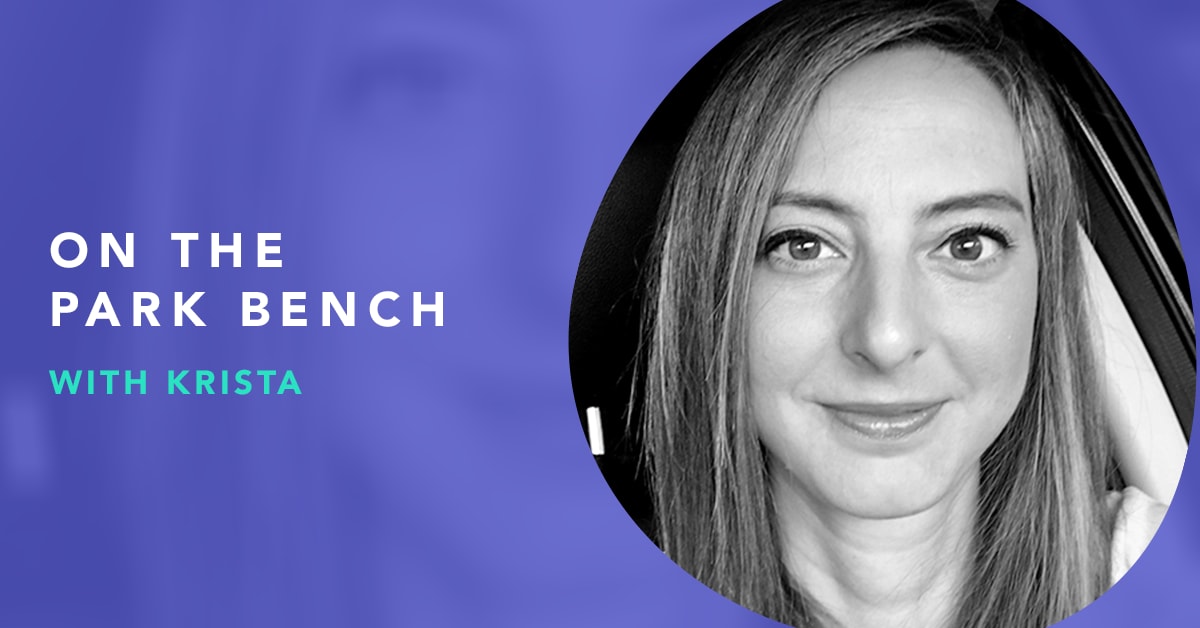A professional caregiver, Krista C. says she learned a lot about advocating for herself from watching “Judge Judy.” Some of the TV judge’s cases included disputes between nannies and their employers. A lack of clear expectations on both sides was often the source of the conflict.
That’s why Krista insists on having a contract — specifying her rate, terms of employment and reimbursable expenses, among other matters — before starting any new, steady child care job. “Don’t hold out,” she advises newer caregivers, “because then it gets awkward.”
Krista’s knowledge is hard-earned. Beginning in 2011, she built up a clientele, responding to every possible job lead near where she lived in Northern California. Some days she’d walk dogs in the morning before school, babysit in the afternoon, walk dogs again in the evening and house sit overnight. Today Krista is living in Austin, Texas, and has a lot of advice for those just getting started in the caregiving profession.
She opened up to us about how she approaches interviews, what she’s learned on the job and how she handles social media.
Interviews are 2-way streets
Job interviews are not only opportunities for potential employers to get to know a would-be nanny and to hear about that person’s qualifications. They’re also a chance for caregivers to ask questions of the families. So once Krista has answered the parents’ questions, “I interview them,” she said, noting that she asks about their children’s interests, about the family’s previous experiences with nannies, and about whether they are looking for a short- or longer-term caregiver. “I hear what their expectations are, but you shouldn’t be afraid to let them know your expectations.”
Lean on other nannies
Krista, a part-time nanny (and also a sales representative for Apple), finds support among a community of other caregivers. She participates in a closed Facebook group, where babysitters and nannies share child care advice and tips for growing their caregiving businesses. Sometimes they’ll even use the platform to arrange playdates with other local families. “It’s great to speak with someone else, especially if you [are caring for] a baby and are working 10-hour days. You can ask, ‘How did you get through this?’” Krista said. “Or you might say, ‘My child is learning how to crawl; how did you create a safe environment?’”
Set social media boundaries
Krista prefers to connect with her employers via the career networking site LinkedIn, rather than on other more socially oriented sites because she is a professional and “Facebook is pretty personal.” She also avoids posting photos on social media of the children in her care. “That’s their home, that’s their business,” she said of the families she works for. “Maybe they don’t want photos of their children online. It’s not a nanny’s place to post about where they live or where their children are.”
Learn alongside the kids
When she’s working with school-age children, Krista sometimes finds herself studying with them. When one little girl she cared for was taking piano lessons, Krista decided “we would learn piano together.” This enabled her to help the child when she practiced; in the process, Krista began to pick up a new skill of her own.
Read next: On the Park Bench with Sydnee
On the Park Bench is a series that spotlights caregivers and their stories. Have an interesting story to share? Email our community manager.

